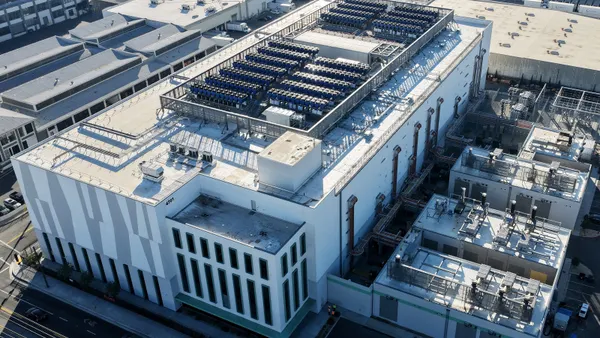"Maintaining the current cap will effectively raise the cost to consumers for certain vehicles, skewing car choices and sales just at the time when electric vehicle sales are beginning to climb and choices are expanding," the letter reads.
Utilities have begun to see the value in investing in electric vehicle charging stations in past few years. For utilities, as the letter noted, electric vehicles could offer grid services, such as demand response and integrating renewable energy. Eliminating the cap is one way to ensure that happens, especially as EVs are
predicted to reach cost parity with gasoline-powered vehicles between 2022 and 2026, according to a 2016 report from Bloomberg New Energy Finance.
The
increasing interest in EVs can be seen in the flurry of policy activity in the past year. In a new national policy review from the North Carolina Clean Energy Technology Center, there were 227 state or utility-level EV policies proposed or pending in 2017.
However, utilities and regulators appear to be stymied over the question of how to invest in charging infrastructure, a key part in vehicle growth. Typically called a "chicken or the egg" type of dilemma, experts say the lack of charging infrastructure could also hurt EV growth, while others point to California as an example where consumer demand is driving the conversation over who invests in charging stations.
But utilities, private developers and policymakers are split over whether
utilities, at least in deregulated states, should be able to ratebase charging infrastructure. Some private developers have sided with utilities, saying they should be able to ratebase infrastructure, while others worry it could hurt the ability for private developers to compete against utilities. Those arguments can be seen in the cautiousness regulators have taken when they've made decisions about EV infrastructure.
For instance, 13 utilities requested almost $137 million to pay for charging stations last year. But regulators as a whole only approved four of those requests for a total of nearly $88 million. At least seven requests are still pending with the remaining denied.
Article has been updated to include the final amount of entities who signed.












